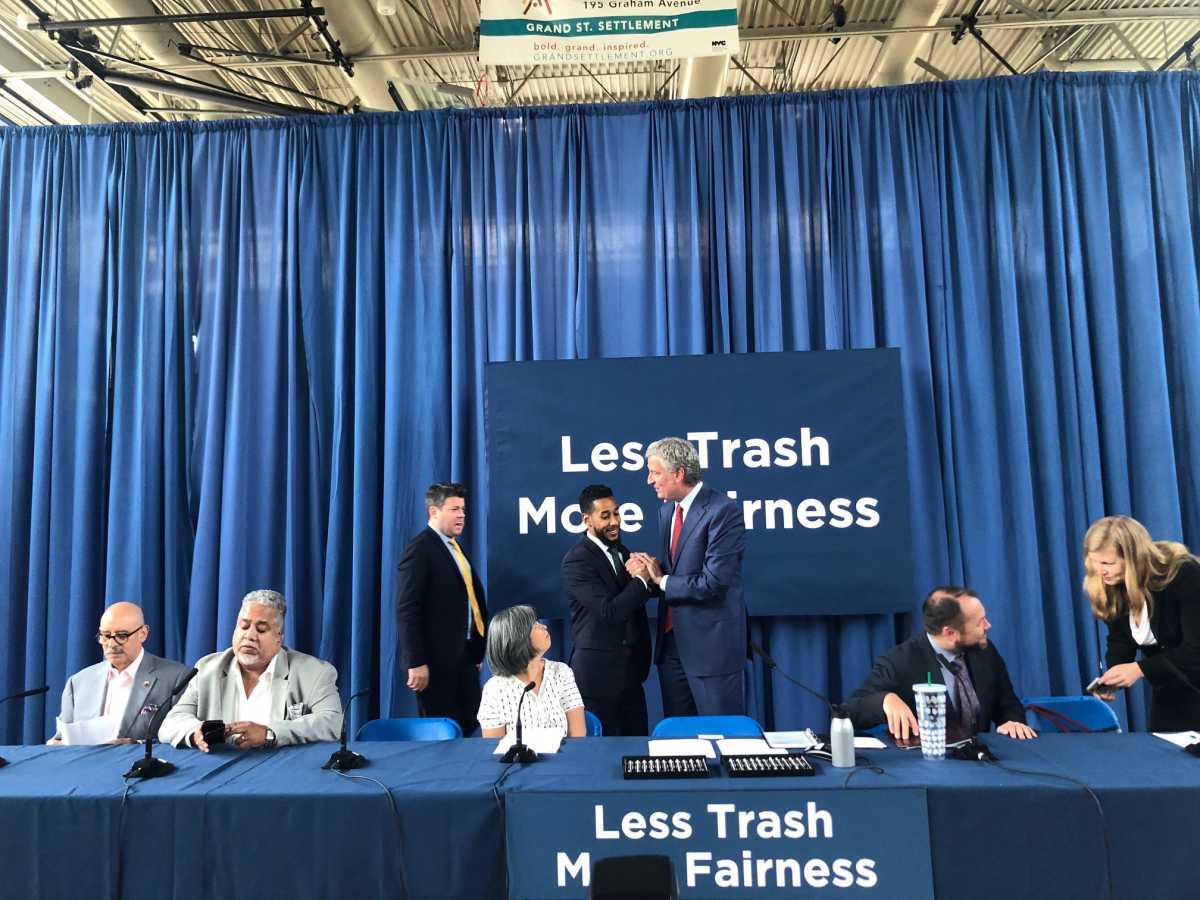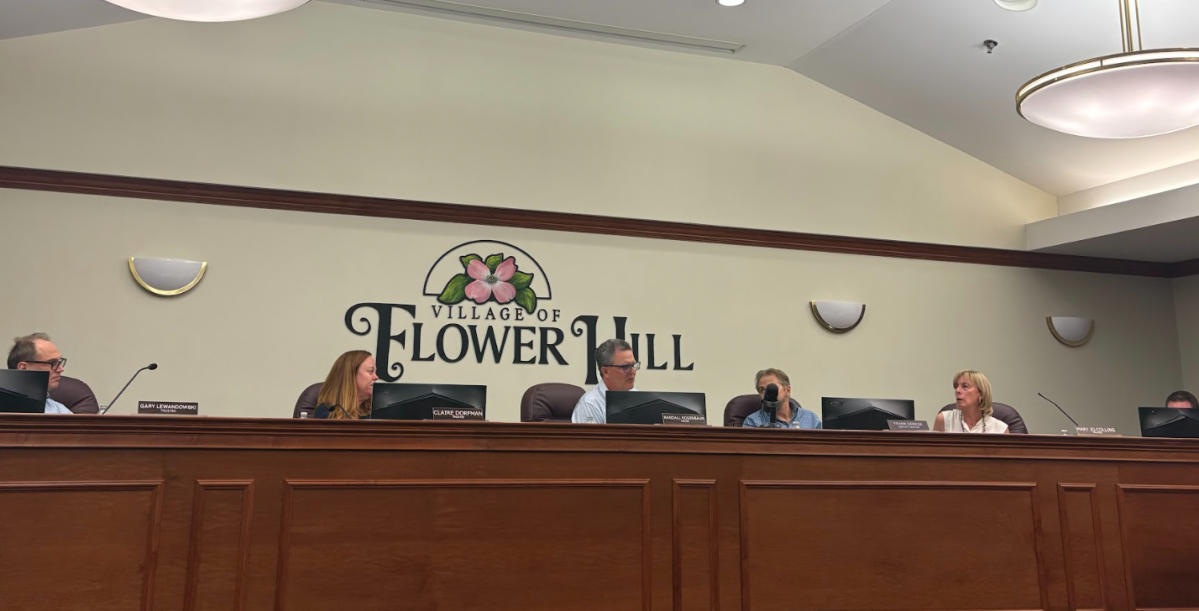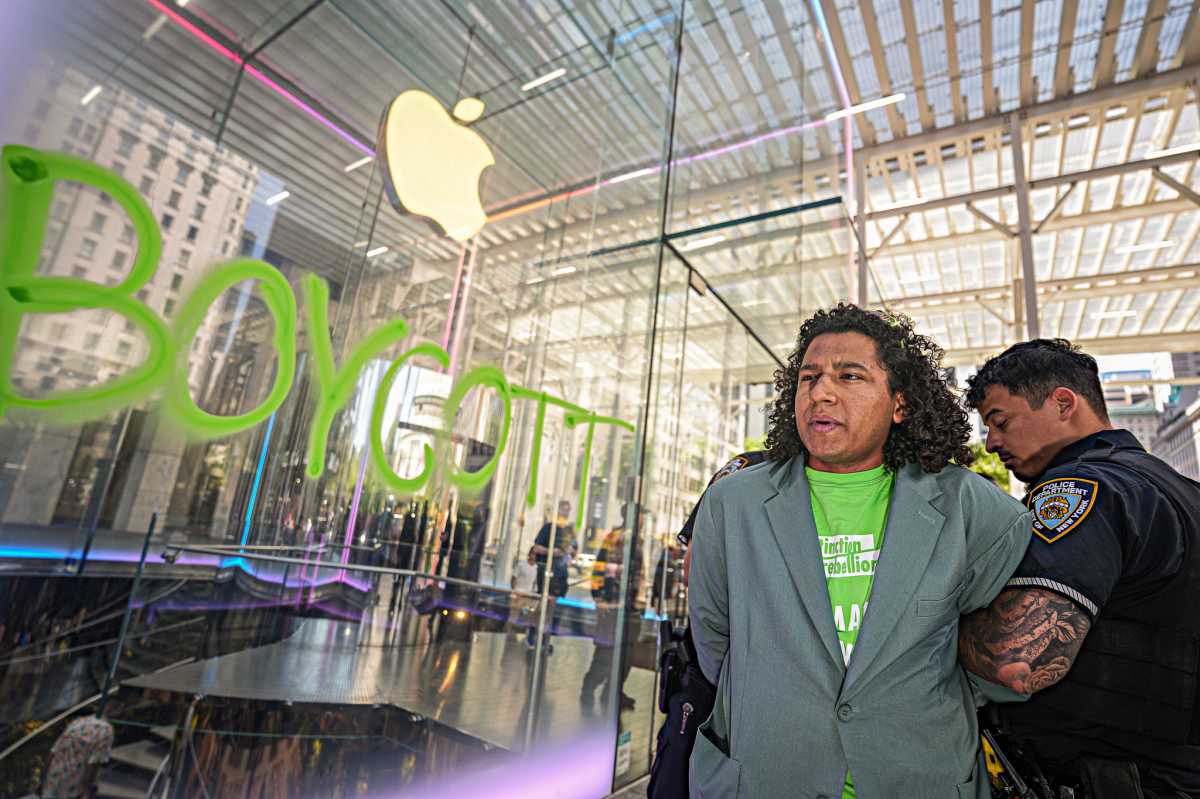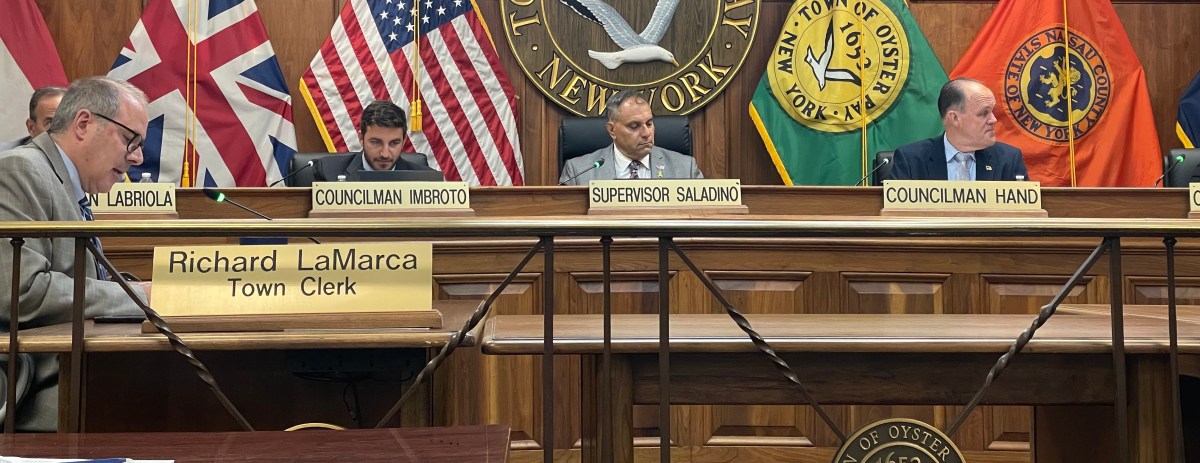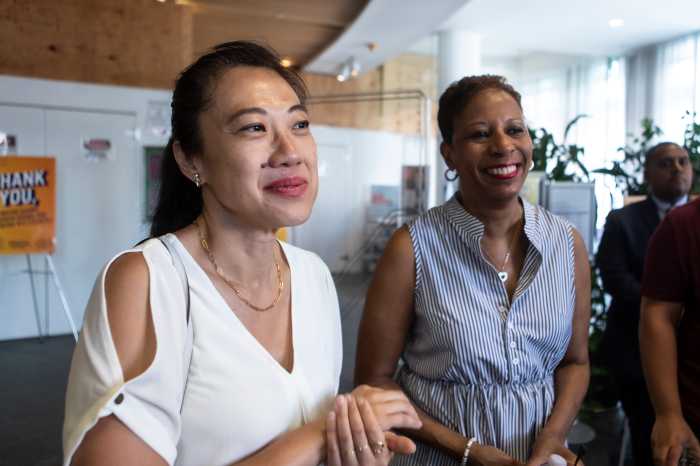Mayor Bill de Blasio yesterday signed legislation that will redistribute the amount of trash that can be taken at transfer stations in Brooklyn, Queens and the Bronx.
Progressive City Council Members including Antonio Reynoso (Williamsburg, Bushwick) and Stephen Levin (D-Northern Brooklyn, Boerum Hill) have long been fighting for the legislation, accusing the current system as being a form of environmental racism.

“For far too long, a few communities have been saturated by waste transfer stations and resulting truck traffic. We are creating a more equitable city by shifting the burden away from those communities, and protecting other neighborhoods from facing this inequity in the future,” de Blasio said, “Half a million fewer tons of trash in these neighborhoods each year means cleaner air, less congested streets, and safer environments for our kids.”
The bill, which will reduce the amount of trash that goes through North Brooklyn, South Bronx and Southeast Queens, which house 26 of the city’s 38 waste management facilities.
In 2017, the areas received over 15,000 tons of waste per day. The new legislation will prevent additional trash from entering the area and will prevent the construction of additional waste management facilities that already handle at least ten percent of the city’s waste.


Reynoso, chair of the Committee on Sanitation and Solid Waste Management, has been working on the legislation with his peers for years. In addition to the reduction of the waste passing through these neighborhood, it will encourage better business practices amongst private waste collectors, he said.
“It is a momentous day for North Brooklyn and environmental justice communities citywide” Reynoso said, “Intro 157’s enactment into law will finally provide protections for communities that have shouldered a disproportionate burden in the City’s waste processing system for decades. Low income communities of color will no longer serve as the dumping ground for the majority of the city’s trash.”
Levin, who has been working with Reynoso on the legislation since its inception, has criticized the waste industry for careless practices in the past. He said the new legislation will help to change the communities for the better.
“Tomorrow will be a brighter day for the communities who suffer the impact of waste truck after waste truck clogging their streets and spewing pollution into the air their children breathe,” Levin said, “The residents of North Brooklyn, Southeast Queens, and the South Bronx deserve better. For far too long, our communities were forced to deal with traffic congestion, asthma, and the reckless drivers that come along with an industry processing tons of trash in their backyards.”


